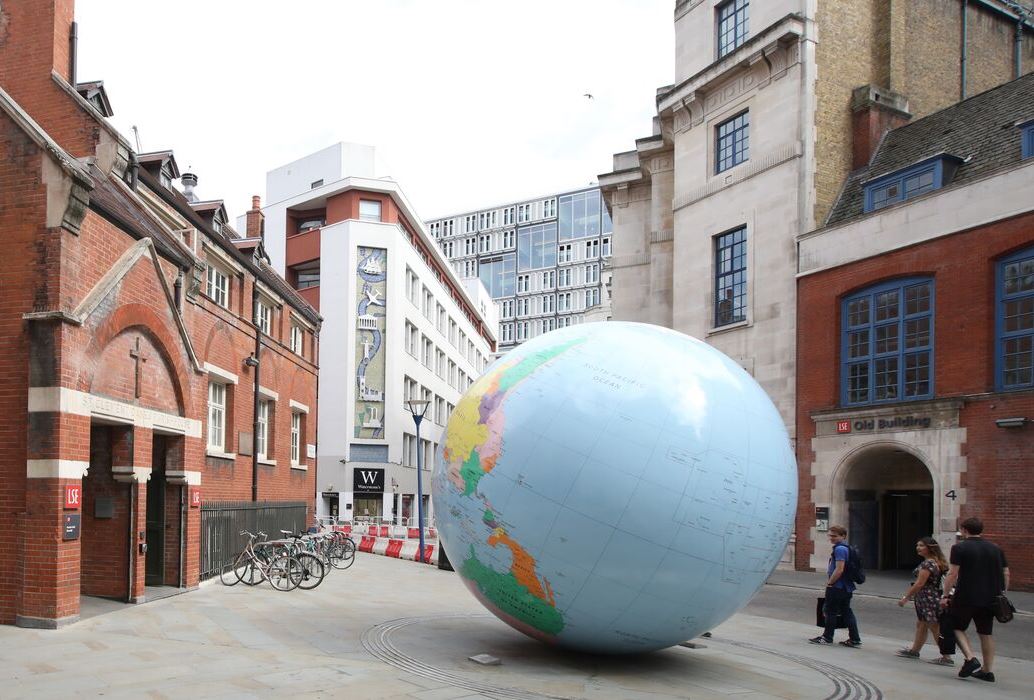Before starting my PhD, I remember meeting PhD students who complained they didn’t have enough time to do their research. I wondered, ‘They have 3+ years for research – how on earth are these people filling their time?’
I’m now just over halfway through my PhD. Since last year, I have been tracking how much time I spend on different projects, because I was curious about how long different parts of my research would take. For anybody who might be considering a PhD offer, or thinking of applying, I hope this blog post will give you a sense of the day-to-day of what it might look like.
As a disclaimer, I should say that, especially within Social Policy, there’s huge variety in the types of research that students do. My experience is as a quantitative researcher using data that already exists.
Why does a dissertation take so long?
To me, this was the big mystery: a PhD at LSE is 4 years. If you are writing a dissertation as three papers, how can it possibly take over one year per paper?
Part of the answer is that research is not the only thing that PhD students do. In the past year, I’ve spent about 40% of my time on research – I’ll describe below how I spend the rest of my time.
Graph: Breakdown of my working hours over a 12-month period

Another part of the answer is that some projects require planning ahead, with timelines out of your control. For example, for my third paper, I am applying to access a new administrative dataset. There has been a long application process, and I have been working through ethical approval and consultation. Those processes have taken about 3 weeks of work so far, but that has been spread over almost two years.
The first paper in my PhD is closest to ‘finished’ (but not quite!). I have spent, in total, the equivalent of 12 weeks if I had been working on it full-time. Most of that time was within the first few months – that is, from when I started properly planning the project to when I finished my first draft of the paper. Since then, I have spent a smaller amount of time presenting it at conferences, editing the paper in response to feedback, and submitting it to a journal. (I’m sure there will be more work to come in the journal submission process – as well as a long wait, as publication can take between months and years, depending on the journal and field!)
Graph: Time spent on my PhD research, by month

But what happened within those 12 weeks of work? Below is a breakdown of time I spent on my first paper.
This will of course vary by project – for this one, it is part of a larger work agenda that has already had ethical approval, meaning there was very little work in getting the project set up. But I was using administrative data and linking in new data sources. I spent a lot of time on ‘data prep’: assessing which data sources to use, ensuring I understood each variable, and reformatting the new datasets to link them to the core administrative dataset I was using.
Graph: Breakdown of time spent on my first PhD paper

Although I am still working on my second paper, my breakdown of time is quite different so far, because the project is different. For instance, I’ve spent about double as much time on my literature review, because I was reading a lot to learn how to apply methods I had never used before.
What else do PhD students spend their time on?
Paid work
It’s possible to get by without working if you have scholarship funding with a stipend. But most of us do some type of work during the PhD. I have worked as a research assistant, as a teaching assistant, and currently, as a researcher at a social-purpose company.
In my first term of my PhD I didn’t work. But after a while, I missed working in a team, and I missed the sense of achievement of finishing something… it doesn’t happen very often with PhD research! I find I am more productive and motivated with my own research when it is not my only priority.
General PhD work
I spend about a quarter of my time on things that don’t relate to any one research project, but are relevant to the PhD overall – keeping up with research, learning, giving feedback on others’ work, emails. For example, I usually attend a couple of seminars each week, and I try to keep up with research in other ways, like attending conferences, browsing new journal issues and reading working papers. I don’t take any classes, but I still spend some time learning new skills. Some of this is self-taught, and some of it is more formal – e.g. summer schools or winter schools on specific topics, training sessions hosted by LSE’s PhD Academy, and the teacher training course offered by LSE’s Eden Centre.
How much do you work in a PhD?
Your working hours with a PhD are flexible, but that also means the PhD can take over your whole life if you let it. For me, I find it works best to stick to a regular work week. Over the past year I’ve worked on average 7-8 hours each day during the week, and only very occasionally on weekends.




My name is Patricia and I am a 2nd year Social Policy PhD student at the University of Ghana. Thanks a lot for sharing your experience Mary-Alice. It’s really encouraging!